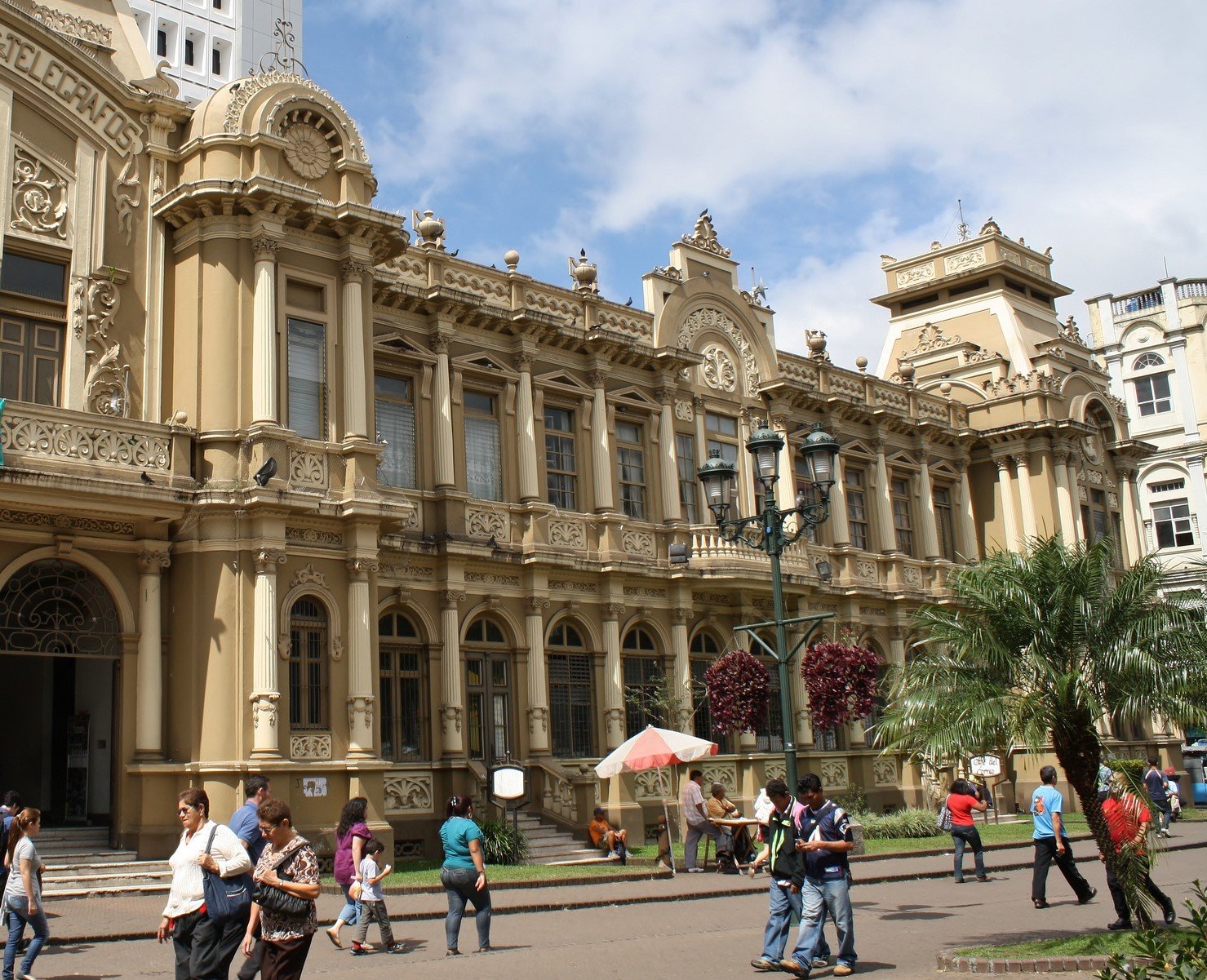In December 2018, Costa Rica passed a tax reform bill geared toward alleviating the country’s growing fiscal deficit. The bill extends the Value Added Tax (VAT) rate, or IVA in Spanish, that is placed on goods and services to housing rentals, which will impact people who are living in Costa Rica or will be relocating there soon. Here’s what you need to know.
In Costa Rica, the general VAT rate is 13 percent for goods and services. Airline tickets and certain health services include a four percent VAT, and some medicines, insurance, and private education have a two percent VAT. Agricultural products and essential goods have a one percent VAT. This tax is an attempt to restore the country’s finances, and the new bill will make it so that rent payments will also include a VAT.

In addition to rental housing, businesses and services provided by self-employed professionals will also be taxed. However, if a business is operating within a free-zone, it will remain exempt of VAT.
The bill isn’t completely finalized yet, but the tax rate for rental housing will go into effect on July 1, 2019. When it does, individuals who are living in rental housing over ₡646,000 ($1,086 USD, approximately) will be charged a 13 percent VAT rate in addition to their monthly rent payment. This tax is only applied to the net rent, meaning any costs that are added onto the rent won’t be included. For example, most rent payments also show a condominium maintenance fee — this charge is excluded from the tax.

Since the entirety of the bill is still being discussed, some details surrounding the new rules and restrictions may change. The Application Manual, or Reglamento, is still working its way through Congress. For now, renters living in Costa Rica will only need to be concerned with the tax if their monthly rent is more than ₡646,000.
If you have more questions about how the tax reform bill might affect you, get in touch with our team today.



